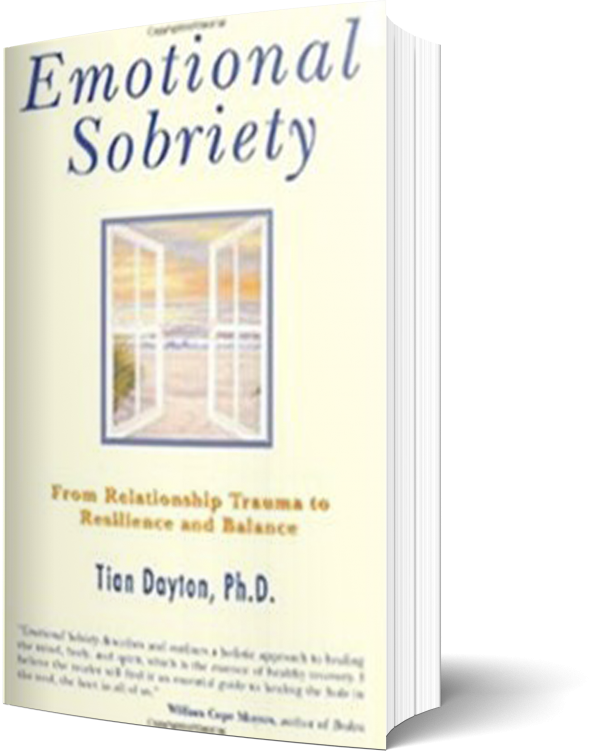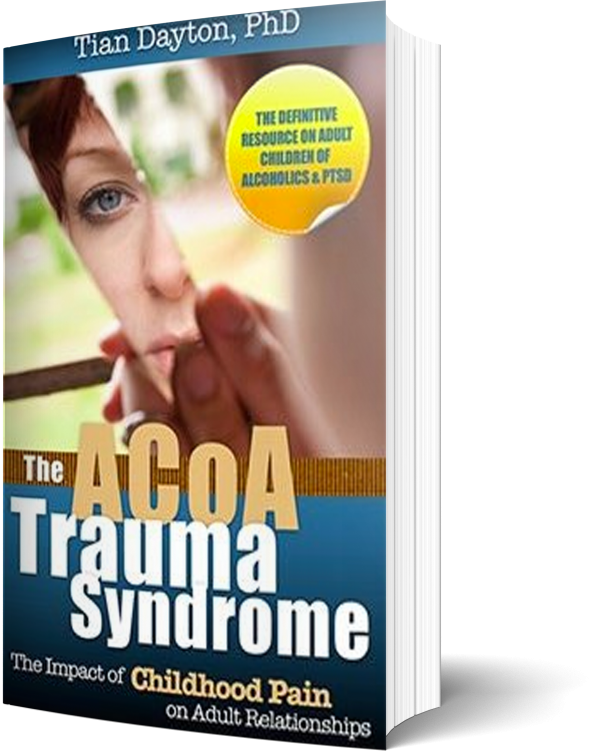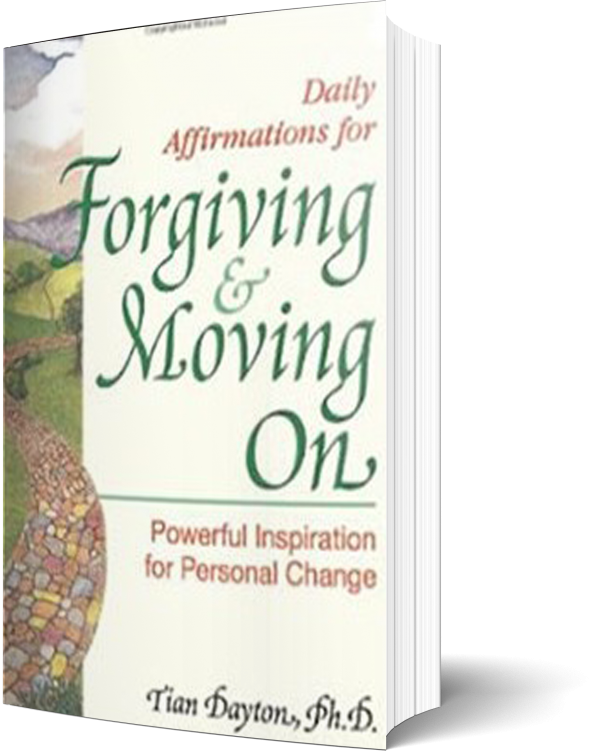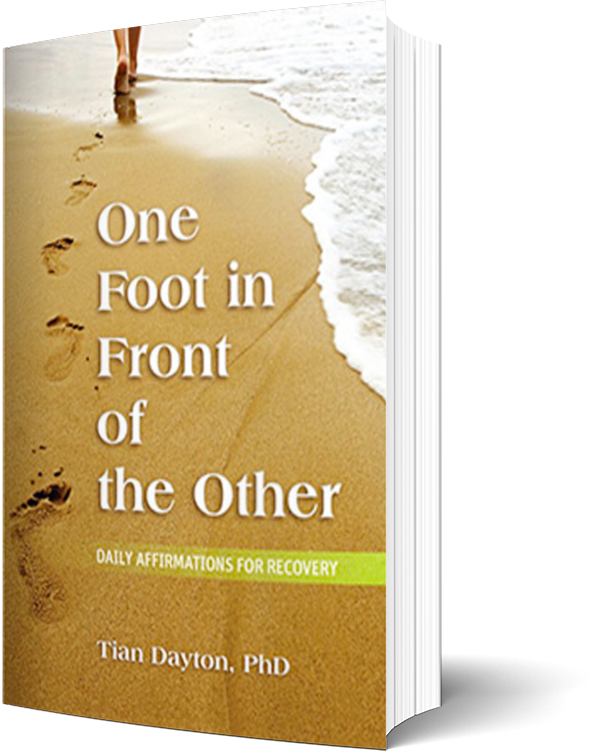For centuries, forgiveness was seen as the province of religion but increasingly it is finding it's way into the research and literature of the mental health arena. More and more, forgiveness is coming to be seen as an important part of healing the "slings and arrows" or the inevitable emotional wounds that all "flesh is heir to." But forgiveness, if it's useful, needs to be practical. I have found it helpful to break the term down into manageable bites so that it can be made more user friendly
Forgiveness, for starters, is a process not an event. Rather than an endgame, what's important and beneficial about forgiveness is that it motivates us to work through the powerful feeling and thought patterns that block it. Carl Jung felt that we don't really solve a problem, rather we go to the mountain top, figuratively speaking, and learn to "see it differently". Forgiveness involves a willingness to work through the painful emotions that make forgiveness seem impossible, as well as a willingness to view, as Marcel Proust said, 'the same landscape through different eyes".
Forgiving those who have hurt us can seem insurmountable. Emotions like anger, resentment and unresolved hurt come shooting to the surface and cloud our willingness or ability to see past them. But it is in addressing these feelings openly and honestly that we can move through them toward healing.
People sometimes struggle the hardest with self forgiveness. Embarrassing feelings of self recrimination can make us want to retreat into emotional isolation, to hide the parts of ourselves that we're ashamed of. Becoming willing to forgive the self necessitates recognition that hanging onto anger toward ourselves not only hurts us, but everyone around us. Both unresolved anger and sadness toward others and feelings of guilt and shame over our own actions can contribute to a deadening of enthusiasm about life and take the comfort and joy out of relationships.
Following are some of what I would call the "myths" surrounding forgiveness that often give people pause when contemplating it.
Myths about Forgiveness
If I forgive, my relationship with the person I'm forgiving will definitely improve (not necessarily; they may not even know you've forgiven them)
If I forgive, it means I want to continue to have a relationship with the person I'm forgiving (only if it is desirable to do so)
If I forgive it, means I'm condoning the behavior of the person I'm forgiving (forgiveness is a way of calling something what it is and forgiving it, rather than denying it's impact)
If I haven't forgotten, I haven't really forgiven (we retain our memory, of course)
I only need to forgive once (we forgive over and over again "not seven but seventy times seven")
I forgive for the sake of the other person (we forgive to free ourselves)
Forgiving myself is selfish or wrong (self forgiveness is deeply important and often benefits those around us because it allows us to change and grow)
If I forgive, I'll never again feel angry or sad about what happened (sadness and anger may surface from time to time but we have put a "framework or forgiveness" around something that motivates us to work through those feelings toward letting go)
People sometimes feel that if they forgive they are leaving themselves vulnerable to be hurt all over again; that in forgiving, they are saying what someone did was alright. But we forgive to free ourselves, to let go of the feelings of pain and resentment that keep us from moving forward in relationships. Just because we forgive doesn't mean we have to forget. In fact, forgiveness should give us choices, it should allow us to call something by its right name so that we can learn to avoid getting into the same spot again. Forgiveness implies awareness. Rather than denying the impact of some one's behavior on us, for example, we're looking at it for what it was and making some choices about how we want to deal with it within ourselves.
The Stages of Forgiveness
People seem to go through about five predictable stages as they confront the issues that block their letting go and moving on. These stages can be repeated, alternated or leapfrogged. They are.
•Waking Up: Realizing that we're carrying around some issue that's standing in our own way of serenity.
•Anger/Resentment: Simmering feelings or resentment, sudden, angry outbursts and bouts of rage, often due to unresolved grief.
•Sadness/Hurt: Feelings ranging from sadness to despair that are often blocked by fear and are painful to let in and feel.
•Integration/Acceptance/Letting Go: Having felt the disowned or unwanted feelings: we learn from them and have new insights; we grow.
•Reinvestment: Reinvesting freed up energy in life and relationships consciously and deliberately. (Dayton 2003)
All too often we minimize our hurt in an attempt to get past it, but denial and minimization don't help us to understand what we really feel and make intelligent decisions about what to do with our own authentic responses. Forgiveness gives us a way out that is neither denial nor staying locked in a resentful place. It's a third way. Forgiveness provides a positive goal that can help us to move toward a life freer of the kinds of emotional and psychological burdens that create more pain.





